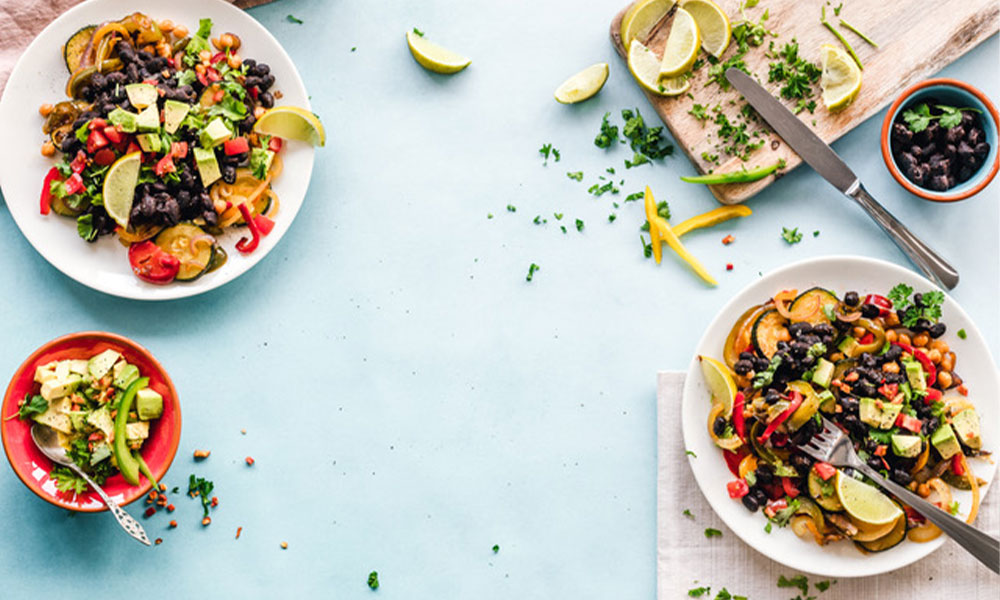
Sports are a high-risk occupation. In fact, the Insurance Information Institute reported that American emergency rooms saw more than 2.4 million sports-related injuries in 2020 alone, and these numbers are only expected to increase as restrictions continue to ease this year.
Consequently, formulating effective plans for recovery is crucial to getting athletes back in the game as soon as possible. The ideal treatment plan not only rehabilitates athletes physically but also takes into account their psychological readjustment. Such a plan should also integrate a healthy and balanced diet to provide athletes the nutrients their body needs to regenerate.
But eating the right foods isn’t enough. By revisiting the way food is traditionally prepared, you can better reap the benefits of a balanced diet. Here’s more on traditional foods and how they can help you recover from injuries faster.
What are traditional foods?
The majority of the world’s traditional cuisines serve 4 things: organs, meat on the bone, fermented foods, and dishes featuring fresh, uncooked ingredients. These are traditional foods, or foods that have been passed down through generations. They’re usually found in “Blue Zones” areas, or regions of the world where residents have an exceptionally long life expectancy, like the Mediterranean and Okinawa, Japan.
However, traditional foods can help with more than just longevity. One of the broadest benefits of traditional foods is that they can help you recover from injuries faster.
How do traditional foods boost recovery?
They boost your immunity.
Many traditional foods contain phytonutrients, which are found in whole grains, beans and nuts, some spices, most fruits and vegetables, and even tea. These have anti-inflammatory properties that can reduce pain at the site of injury. As our article How Does Pain Impact the Immune System explains, such a reduction in pain can boost the body’s response to infection. Some popular phytonutrients include carotenoids, flavonoids, and glucosinolates that can be found in carrots, squash, citrus fruits, broccoli, mushrooms, and cauliflower. They’re normally found in popular Okinawan dishes like Shitake sauteed mushrooms and Sardinia, Italian ones like minestrone soup.
They promote cell regeneration and turnover.
Notably, traditional foods direct cellular growth. Nutrition specialist and former elite athlete Dr. Cate Shanahan wrote about how traditional foods helped her recover from debilitating injuries in her book Deep Nutrition – Why Your Genes Need Traditional Foods. Here, she emphasizes that not all calories are created equal: traditional foods, in particular, contain macronutrients, which not only promote cell regeneration but also prevent oxidative damage. When cells break down due to injury they produce oxygen, and an excess can irreversibly damage your cells. Since traditional foods inhibit their production, the body is free to heal itself faster.
For this, you can whip up a hearty chicken lentil soup with sweet potatoes inspired by East African cuisine. Both lentils and sweet potatoes have the vitamins and carbohydrates that will promote the collagen production and cell turnover you need.
They prevent muscle loss
.
One challenge in recovery is giving your body the rest it needs without losing muscle in the process. Traditional foods can help with the latter. They contain the protein, the amino acid leucine, and Omega-3 fatty acids you need to nourish your muscles as you rest. For example, if you like avocado toast, try adding a Mediterranean twist with some salmon, capers, dill, and a sprinkle of lemon juice. According to nutritional sciences and dietetics professor Sousana Papadopoulou, who wrote Rehabilitation Nutrition for Injury Recovery of Athletes, all these compounds are necessary to prevent muscle atrophy. Leucine and Omega-3 in particular can increase protein production in the body, supplementing the protein you get directly from food.
Countless healthful and tasty traditional foods use ingredients that won’t just help you get back on your feet, but reduce the severity of future injuries. They’ll even keep you and your family healthy over the generations.

